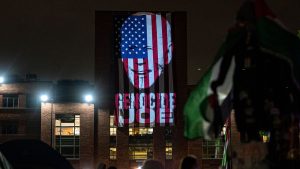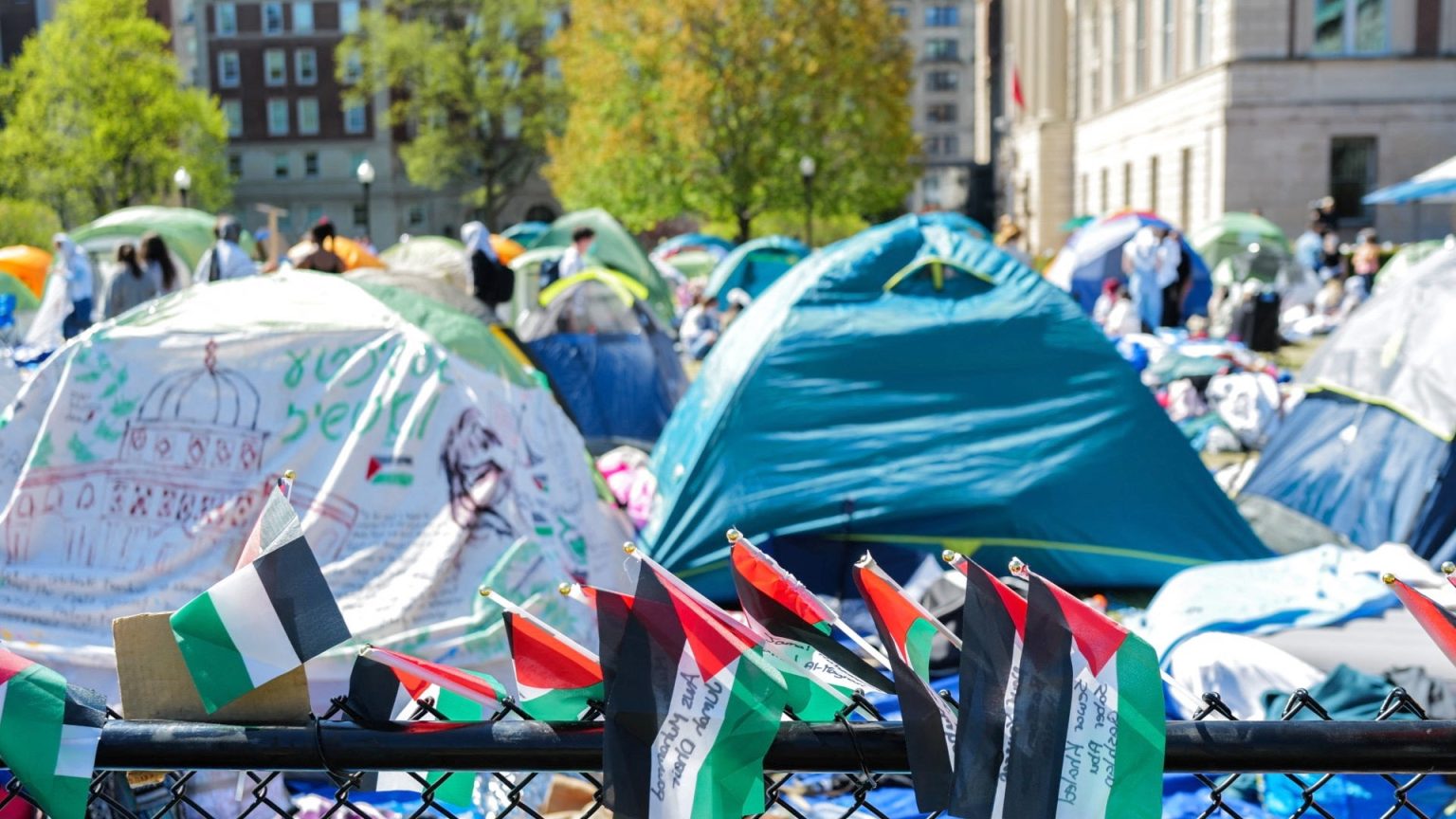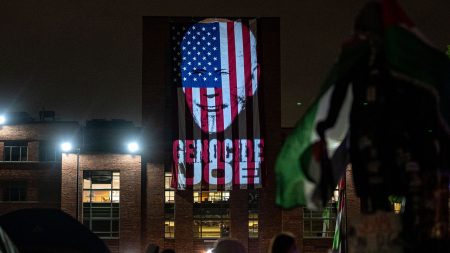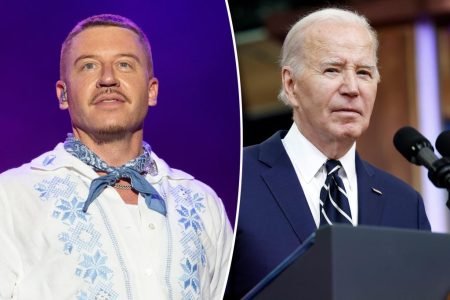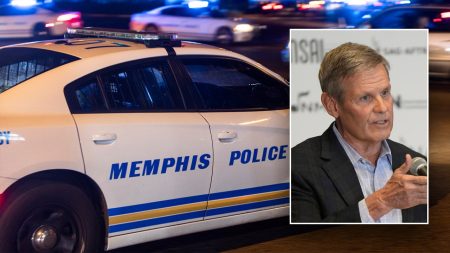Columbia University officials are engaged in ongoing negotiations with anti-Israel demonstrators who have set up an encampment on campus despite missing a deadline to vacate the area. The university initially gave the protesters until midnight to clear out, but later extended the deadline by 48 hours to allow for further negotiations. While progress has been made in the talks, the university has not invited the NYPD to intervene and clear the protesters out.
The negotiations involve a small group of faculty, administrators, and university senators who are in discussions with the student organizers to dismantle the encampment, disperse the protesters, and ensure compliance with university policies. This comes after over 100 people were arrested at Columbia University and cited for trespassing as a result of the protests. Similar protests have taken place at other elite colleges and universities across the country, leading to legal repercussions for the demonstrators.
The protests at Columbia University have swelled quickly, with instances of antisemitism and violence reported on campus. Israeli military veteran Itai Driefuss, a third-year undergrad from Tel Aviv, described feeling scared and violent attacks against him and his girlfriend. The protesters have reportedly praised the militant Al-Quds Brigades, a Palestinian terror group aligned with Hamas, leading to fear and intimidation among Jewish and Israeli students on campus.
Driefuss recounted incidents where he and his girlfriend were followed home, verbally harassed, and physically assaulted. He expressed concern about the safety of Jewish and Israeli students on campus, noting that many are afraid to walk around after dark due to the hostile environment created by the protests. Similar demonstrations have been observed at USC, Princeton, the University of Michigan, UT-Austin, and Yale, resulting in the arrest of hundreds of anti-Israel agitators.
The situation at Columbia University reflects a broader trend of increased antisemitism and hostility toward Jewish and Israeli students on college campuses across the country. The protests have sparked fear and violence, with reports of students being targeted and harassed based on their religious and national identities. The university’s decision to continue negotiating with the protesters rather than resorting to police intervention highlights the complexity of the issue and the challenges of addressing divisive and contentious issues within academic communities.
As the negotiations between Columbia University officials and anti-Israel demonstrators continue, the campus remains a tense and contentious environment. The university’s efforts to balance free speech rights with concerns for safety and security reflect a larger debate about the limits of protest and activism on college campuses. The outcome of these negotiations will have far-reaching implications for how universities address issues of political polarization and social tensions in the future.


